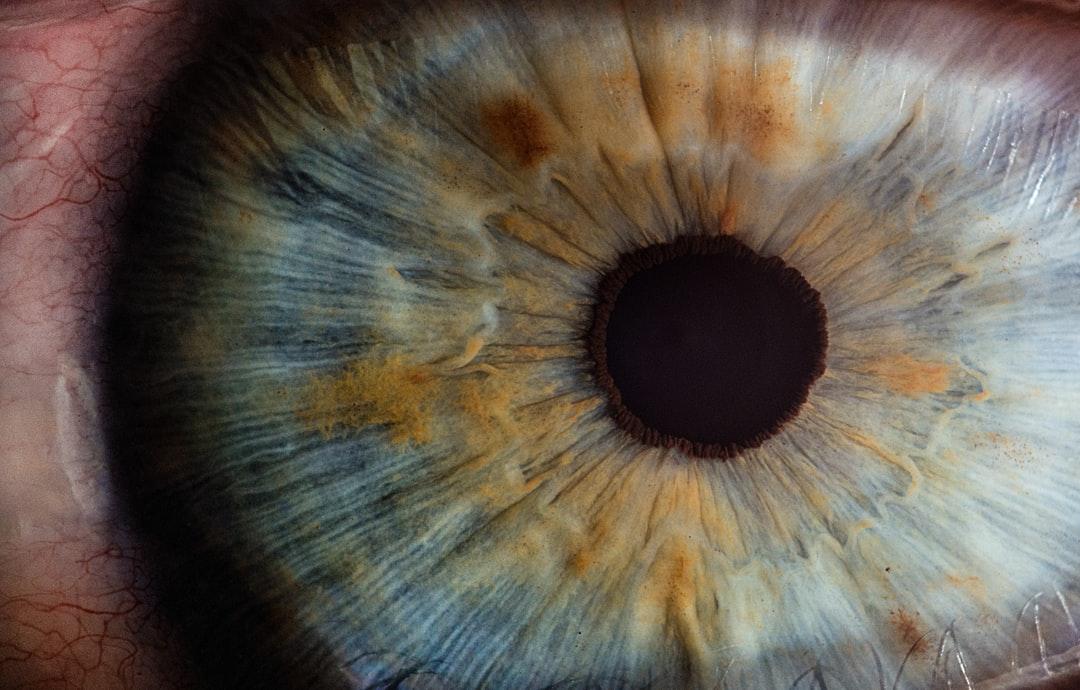According to the National Multiple Sclerosis Society, more than 1 million people live with multiple sclerosis (MS) in the U.S. The impacts of the illness can be profound. The first symptom that starts to appear for those living with the disease is problems with their vision. That typically happens because of damage the illness causes to an individual’s optic nerve or the eye muscles.
What Other Eye Problems Can MS Cause?
Many MS patients start having trouble reading. You might read a book and find yourself skipping lines or losing your place. Eye fatigue can set in quickly, making it hard for you to focus. Other vision issues that can crop up because of your MS diagnosis include:
- Problem maintaining your balance
- Falling and hurting yourself because you can’t see clearly
- General feeling of instability because of your vision
While most vision problems end up being temporary, the length of time it takes for your vision to return to normal can vary. For that reason, it’s a good idea to have a deeper understanding of the conditions that can occur because of MS. If you are an MS patient having difficulty with your vision, you may benefit from having a neurovisual exam.
How Does MS Lead to Double Vision?
One of the side effects caused by MS is a weakening in the eye muscles that causes diplopia, or double vision. Because the eyes aren’t aligned properly, they don’t coordinate messages properly, leading to the appearance of multiple images. If you’ve been having ongoing problems with double vision, it could be a sign of an undiagnosed neurological condition like MS.
MS double vision often gets worse when you experience a relapse. Your doctor may recommend treating the condition with steroids or other mediation. However, your vision should clear up once the latest flare-up passes. One thing to keep in mind is that the changes diplopia causes to your eye may be permanent.
Your physician may prescribe a course of steroids to help you manage the double vision. Another popular treatment includes wearing prismatic lenses to minimize the issue. They work by bending light before it enters your eye, then redirecting it to the correct part of the eye.
Your brain fuses the images to help you see one clear picture. One potential side effect of wearing prisms is that your brain starts relying on one eye more than the other, worsening your double vision.
How Can I Treat My MS-related Eye Issues?
There’s no reason for you to continue managing your MS vision problems alone. Visiting a neurovisual specialist can give you answers about dealing with double-vision and other eye conditions caused by MS. They can recommend treatments that help with eye misalignments and help your muscles relax, relieving the symptoms impacting your daily routine.
Dr. Sonneberg of NeuroVisual Specialists of Florida understands how MS affects patients and how to assess their condition correctly. Patients with MS-related vision problems can benefit from specific treatments like prism glasses. Learn more about our clinic and how we can help by contacting us today.


